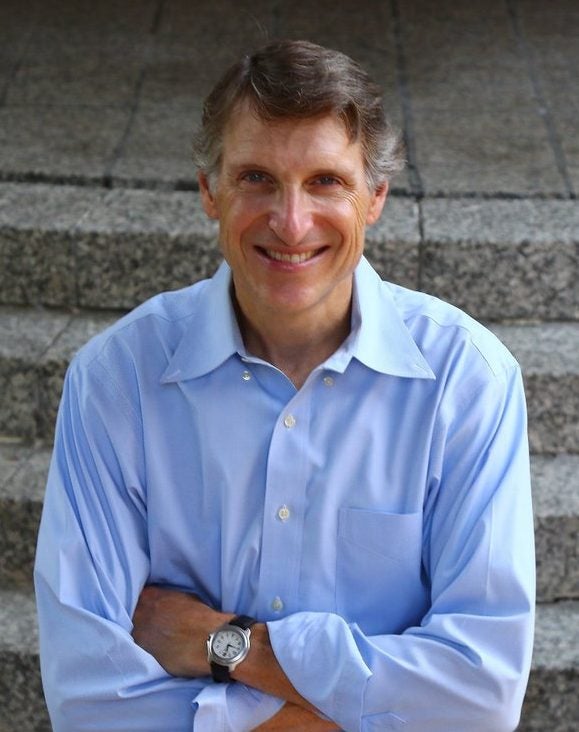
Bruce Sacerdote
Richard S. Braddock 1963 Professor in Economics
Dartmouth College
BRUCE SACERDOTE is the Richard S. Braddock 1963 Professor of Economics at Dartmouth College, a Research Associate at the National Bureau of Economic Research and a co-Director for the Jameel Poverty Action Lab’s State and Local Initiative. His current work focuses on the economics of education with an emphasis on helping young adults attend, persist, and graduate from college. He is a principal investigator on a set of experiments designed to encourage more high school seniors to apply to and attend college. A second set of experiments is aimed at helping community college students succeed and graduate. In related work he and coauthors are investigating the long run impacts for Veterans who receive the Post 9/11 GI Bill. All of Sacerdote’s projects include a large and hardworking set of undergraduate research assistants, Presidential Scholars and co-authors. Current projects employ twelve different undergraduates including one full time project manager and another who is the first author on the study. Sacerdote teaches a senior seminar in finance. One course highlight are the frequent and lively guest lectures from dedicated Dartmouth alumni who are working in varied aspects of finance. His work has been published in (among other places) American Economic Review, Econometrica, the Quarterly Journal of Economics, American Economic Journal, and the Review of Economics and Statistics. And it has been featured in the New York Times, the Wall Street Journal and National Public Radio. Bruce and his wife Michele live in Hanover with their three children Leo, Sam, Sofia (11,15, 20).
BRUCE SACERDOTE is the Richard S. Braddock 1963 Professor of Economics at Dartmouth College, a Research Associate at the National Bureau of Economic Research and a co-Director for the Jameel Poverty Action Lab’s State and Local Initiative. His current work focuses on the economics of education with an emphasis on helping young adults attend, persist, and graduate from college. He is a principal investigator on a set of experiments designed to encourage more high school seniors to apply to and attend college. A second set of experiments is aimed at helping community college students succeed and graduate. In related work he and coauthors are investigating the long run impacts for Veterans who receive the Post 9/11 GI Bill. All of Sacerdote’s projects include a large and hardworking set of undergraduate research assistants, Presidential Scholars and co-authors. Current projects employ twelve different undergraduates including one full time project manager and another who is the first author on the study. Sacerdote teaches a senior seminar in finance. One course highlight are the frequent and lively guest lectures from dedicated Dartmouth alumni who are working in varied aspects of finance. His work has been published in (among other places) American Economic Review, Econometrica, the Quarterly Journal of Economics, American Economic Journal, and the Review of Economics and Statistics. And it has been featured in the New York Times, the Wall Street Journal and National Public Radio. Bruce and his wife Michele live in Hanover with their three children Leo, Sam, Sofia (11,15, 20).